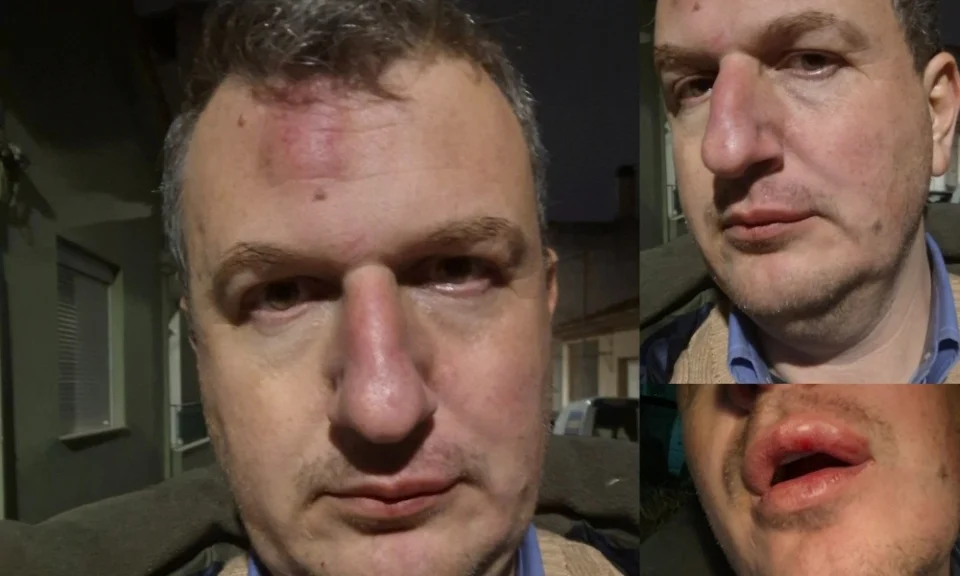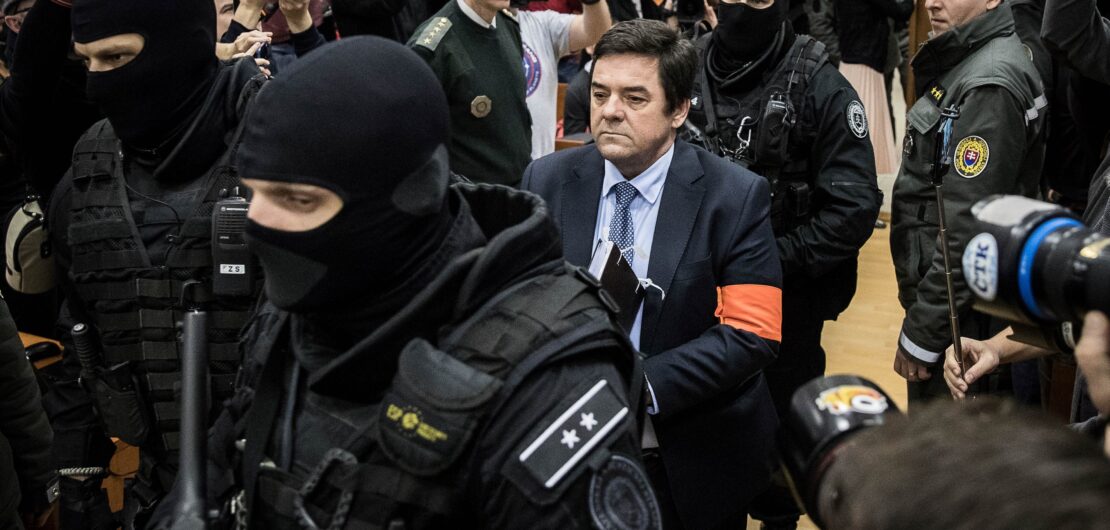
Unlocking Information, Empowering Democracy: IFJ and FAJ Urge Stronger Access Laws in Africa
September 28, 2024
Haitian Journalist Threatened After Exposing Reuters’ Gifts to Gang Leader
September 30, 2024September 30, 2024 – Russia/Ukraine –
The International Press Institute (IPI) has revealed a coordinated campaign of mass spoofing targeting European news outlets, exposing a new and alarming tactic in Russia-linked disinformation efforts. Fake websites mimicking trusted media brands are being used to spread pro-Kremlin narratives while eroding public trust in journalism across the continent.
According to IPI’s investigation, dozens of spoofed domains have been identified in recent months, including counterfeit versions of prominent outlets in Ukraine, France, Germany, and the Balkans. These sites replicate the design, logos, and even the URLs of legitimate news organizations, publishing false stories dressed as real journalism. One high-profile example includes a fake version of Ukraine’s 1+1 TV channel that published pro-Russian propaganda stories, creating confusion among viewers and damaging the outlet’s credibility.
The campaign is part of a broader trend of disinformation efforts that rely on digital impersonation rather than traditional propaganda channels. By creating near-perfect clones of familiar media sites, these actors bypass content moderation systems and exploit gaps in EU regulations. While Russian state media like RT and Sputnik have been banned across the EU, the spoofed websites—often hosted on obscure domains—fall outside the scope of current sanctions, making them harder to track and remove.
IPI and press freedom advocates are calling for urgent action. They urge EU member states and digital platforms to update regulatory frameworks and content moderation policies to address these sophisticated tactics. Recommendations include faster takedowns of fake sites, tighter controls over domain registration, and increased transparency from tech companies.
Media literacy is also crucial in the fight against these disinformation operations. IPI warns that without proper education, the public may continue to fall for these digital forgeries, leading to a breakdown in trust not just in journalism, but in democratic institutions more broadly.
As Russia’s digital influence campaigns become more deceptive, the line between credible journalism and propaganda grows increasingly blurred. The battle for truth, IPI argues, now requires not only defending free speech but also defending the very identity of the press itself.
Reference –
European media spoofing shows risk of Russian disinformation – ipi.media




